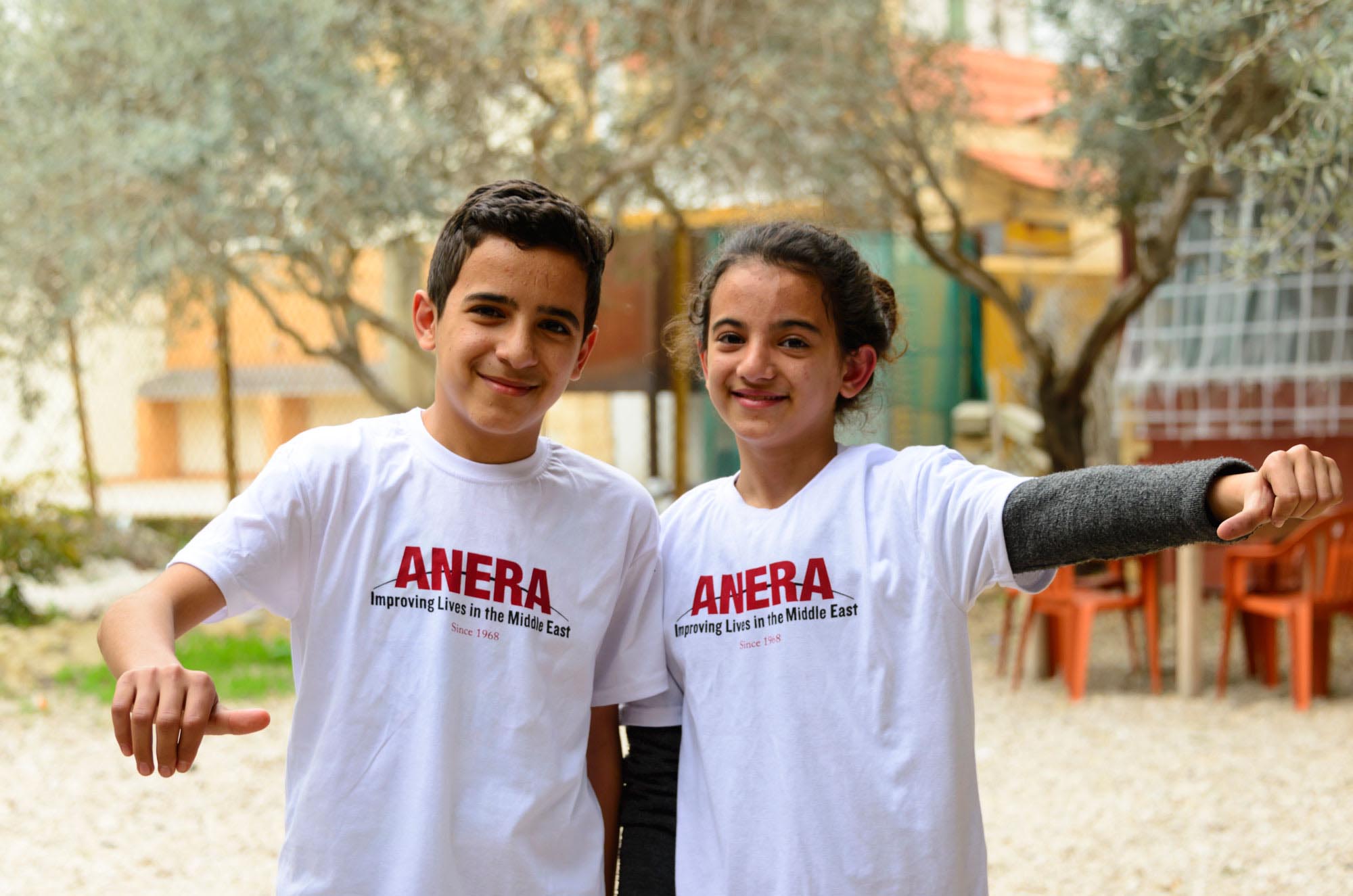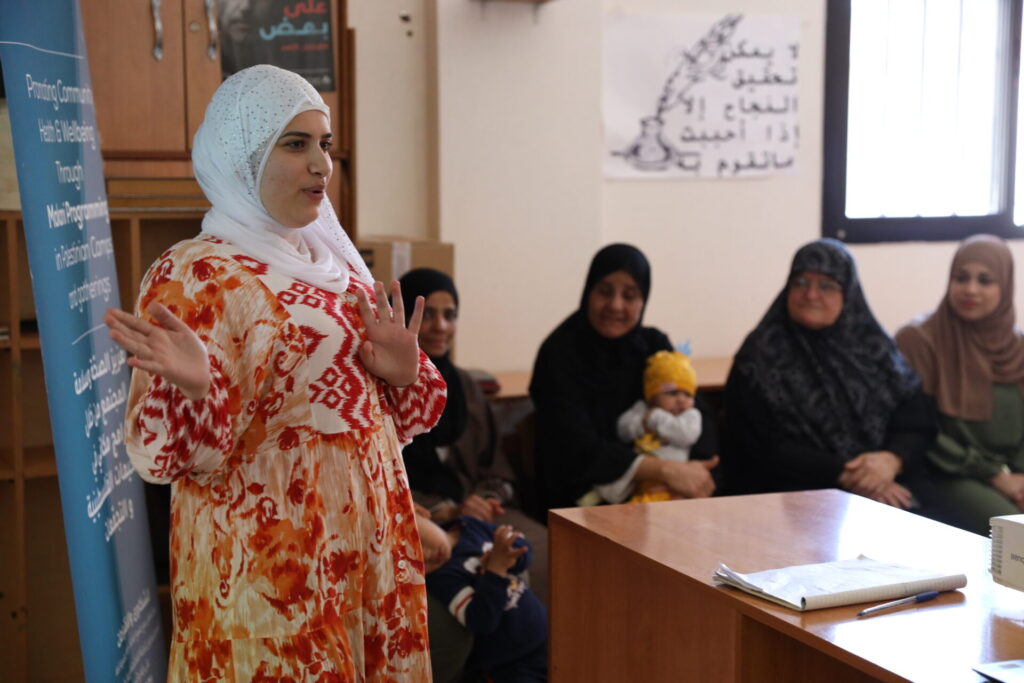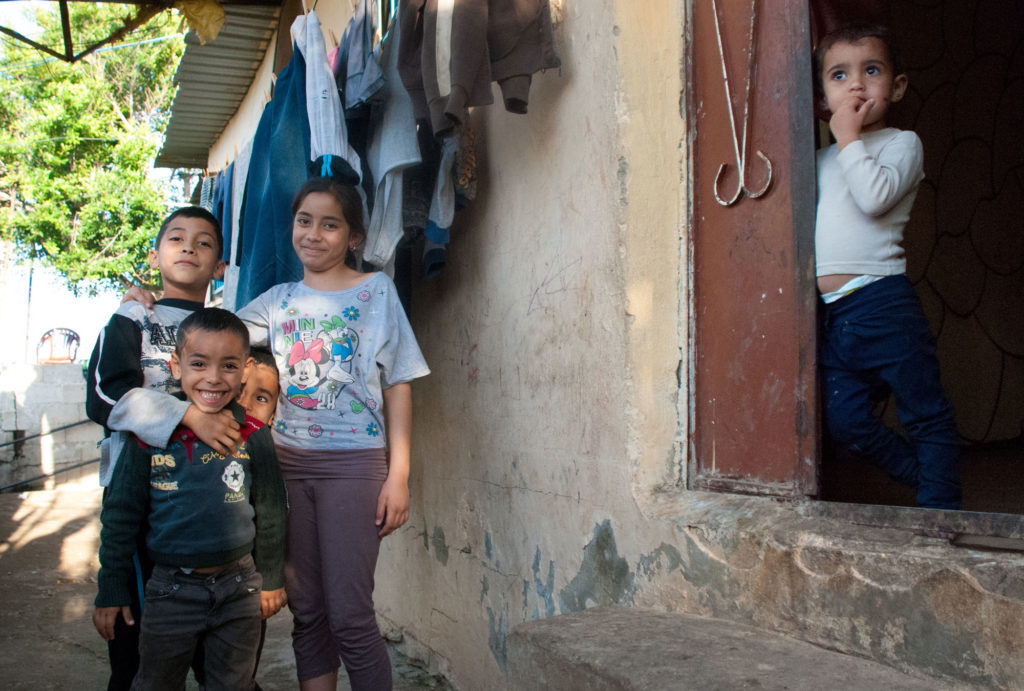Apr, 2017
“I was four years old the first time I tried to smoke,” said Ahmad Kaddoura, recalling his childhood memories at Al Rashidiyyeh Camp for Palestinian refugees in Tyre, Lebanon.
“We had a hidden corner for cigarette packets at home, so it wasn’t that hard to figure it out, and sneak and try one.”
According to the World Health Organization’s latest report on the Global Tobacco Epidemic (2015), the rate of tobacco prevalence among youth ages 13-15 in Lebanon is 36.2%, and 38.5% among adults over 18 years old.
Cigarettes are easily accessible in Lebanon. You can find them in most shops and kiosks around the country for a very minimal price. A pack of 20 cigarettes costs less than a dollar.
“Here in the camp, you can take whatever amount of money you have, even if you can’t afford a full pack, and the shopkeeper will give you several cigarettes in return,” said Ahmad. “Even if you take one cent you’d still get cigarettes.”
By the time Ahmad was 10 years old, he started to smoke regularly along with his school friends. “All smokers know that smoking is bad for you, but only few are able to quit.”
Palestinian refugees in Lebanon cannot legally work in most sectors. Because of this, Ahmad traveled abroad to work after graduating from university, and this further increased his cigarette consumption. “At the camp I used to smoke with friends as a social activity, but abroad I used to do it out of loneliness, smoking four to five packets a day.”


Here in the camp, you can take whatever amount of money you have, even if you can’t afford a full pack, and the shopkeeper will give you cigarettes in return.


Ahmad Becomes a Role Model for Kids
Now that he’s back in Lebanon, Ahmad is in charge of administration at Al Awda sports club in Al Rashidiyyeh Camp. His current position has made him think twice about smoking, especially since he works with many adolescents. “You can’t tell youth not to smoke while they know you are a smoker,” Ahmad said. “Children look up to me as a role model and I feel the responsibility to guide them to adopt healthy lifestyles.”
“I hope that every child here gets the opportunity to learn something new and to develop their skills, rather than playing on the streets un-monitored and smoking cigarettes, and even doing drugs,” Ahmad concluded.
Ahmad quit smoking in February, one week after completing a drug awareness course targeting sports providers. The course is part of Anera’s youth sports and development program, in partnership with Street Football World and with funds from UEFA Foundation for Children and the German Federal Foreign Office.




